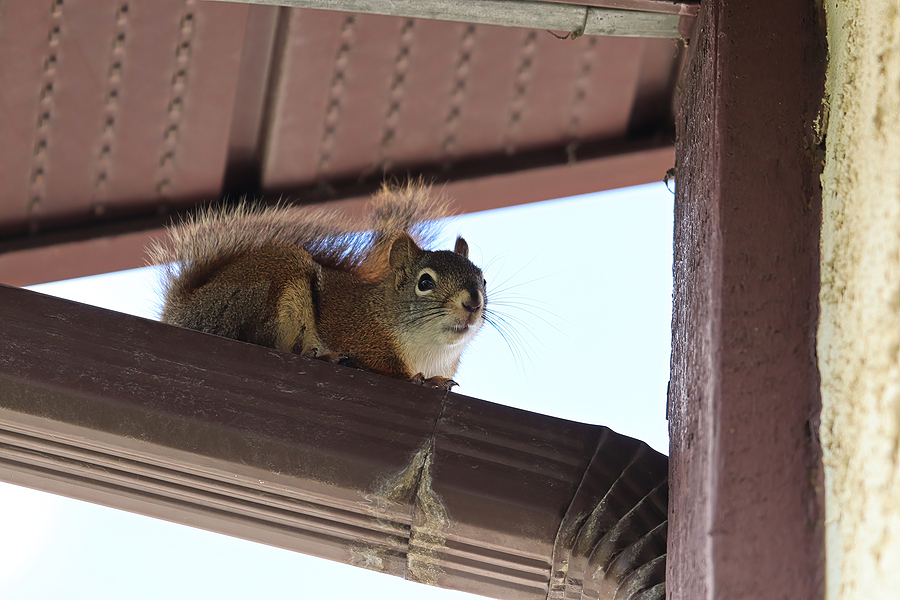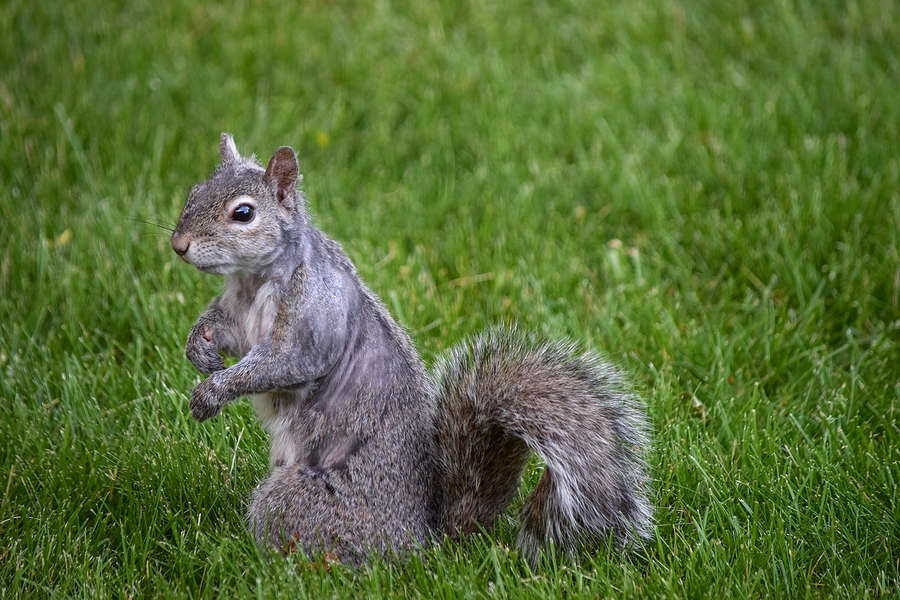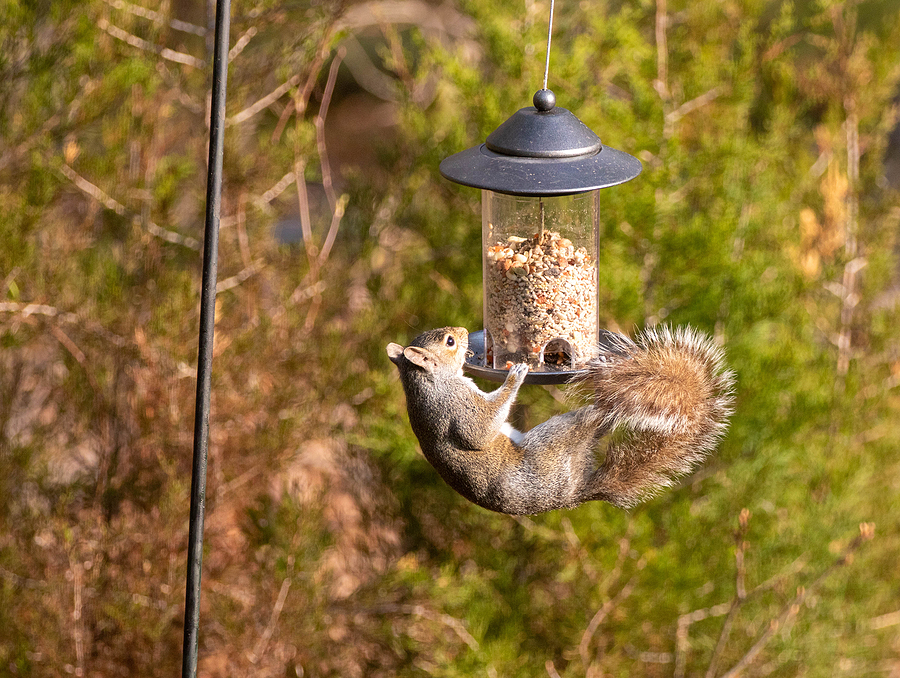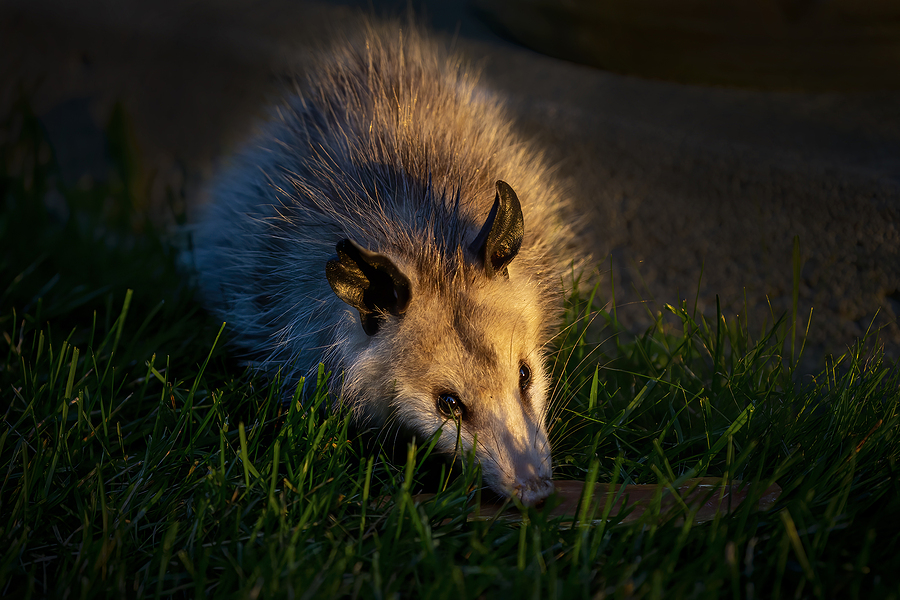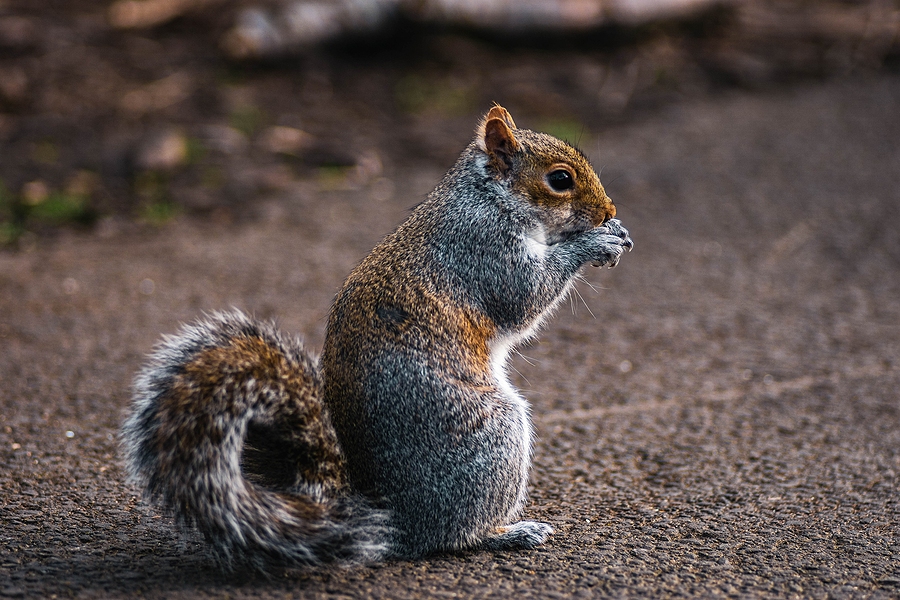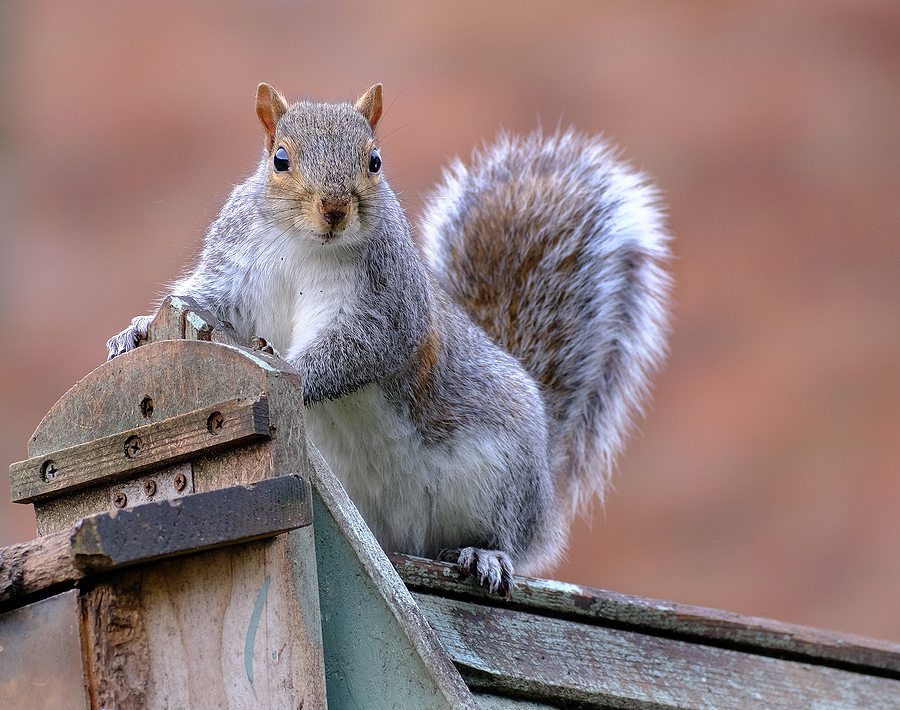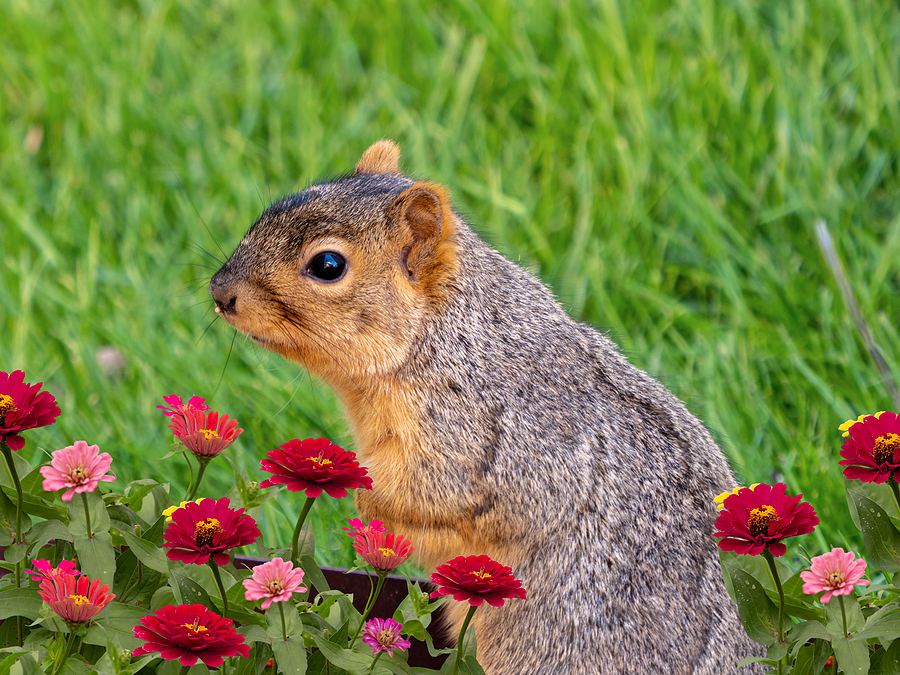Wildlife may seem enchanting in its natural habitat, but when it creeps into your home, it can become a serious menace. Many homeowners underestimate the threat of wildlife infestation, only recognizing its severity when it leads to significant damage. From health risks to structural problems, these intrusions can create chaos. This blog post will explore why every homeowner should prioritize regular home inspections to keep uninvited wildlife guests at bay.

The Common Culprits Raccoons and Beyond
In the Midwest, certain wildlife species are notorious for turning homes into their personal sanctuaries, often seeking shelter and food. Animals such as raccoons, squirrels, and bats can become uninvited guests, especially during colder months when they are in search of warmth and safety.
Understanding the behavior and habits of these creatures is the first step toward effective management and prevention of potential damage to property. By learning more about their patterns and needs, homeowners can implement strategies to coexist peacefully or deter these animals from making their homes indoors.
- Raccoons, with their keen problem-solving skills, can break into attics or chimneys, often causing extensive damage. They are carriers of diseases like rabies and can create a hazardous environment within your home.
- Bats, while useful in controlling insect populations, can become problematic when they choose your attic as a bat roost. Their droppings, known as guano, pose serious health risks and can damage your home’s structure.
- Squirrels, seemingly harmless, can wreak havoc by gnawing on electrical wires and wooden beams. This behavior not only causes damage but also increases the risk of fires.
- Skunks, known for their pungent spray, can dig under your house or deck, creating unpleasant odors and potential structural issues.
- Birds, while beautiful to watch, can nest in vents and chimneys. Their nests can block airflow and increase the risk of fire hazards.
- Opossums, though not as common, can carry fleas and other pathogens, making them undesirable cohabitants.
Recognizing the Signs of Wildlife Intrusion
Being able to identify signs of wildlife infestation early is crucial for homeowners looking to avoid extensive damage. Damage patterns, such as chewed wires, torn insulation, or scratches on surfaces, often indicate the presence of wildlife. These signs are usually more common in attics or basements where animals prefer to nest.
Droppings and urine stains are clear indicators of wildlife. They can reveal not only the presence of animals but also help identify the specific species invading your home. Unusual noises, such as scratching or scurrying sounds in the walls or ceiling, often indicate animals in the attic. These sounds are especially common at night when nocturnal creatures like raccoons and bats are active.
Why Professional Wildlife Control is Essential
While DIY solutions might seem tempting due to their cost-effectiveness and convenience, professional wildlife control offers unmatched benefits, ensuring comprehensive protection for your home and peace of mind for homeowners. Professional wildlife removal services not only provide thorough inspections but also use advanced techniques and equipment, which are key to identifying all potential entry points and nesting sites that might otherwise go unnoticed. Experts are trained to locate even the most inconspicuous signs of wildlife activity, such as subtle noises and faint scents, that could indicate a larger problem.
Safe and effective removal is best handled by professionals who have the necessary expertise and experience. Attempting to remove wildlife on your own can be dangerous due to potential aggressive behavior from animals and often ineffective, as it may not address the root of the problem such as hidden nesting areas or unsealed entry points.
Engaging professionals ensures that removal processes are humane and in line with local and state wildlife regulations, protecting both the homeowner and the animals involved. Furthermore, these experts often provide follow-up services and preventative measures to ensure that wildlife does not return, providing long-term solutions to wildlife intrusion.
Prevention Techniques for a Wildlife-Free Home
Taking proactive steps to prevent wildlife infestations is crucial for maintaining a safe and healthy home environment. These infestations can lead to property damage and health risks, making it essential to take preventative measures.
Firstly, sealing entry points, such as cracks or holes in walls, roofs, and foundations, can prevent wildlife like rodents, birds, and insects from entering your home. Regularly inspect these areas, especially after harsh weather conditions like storms or heavy winds, which can create new vulnerabilities in your home’s structure. Use materials like caulk or steel wool to seal these gaps effectively.
Maintaining a clean yard is also essential. Trim overgrown bushes and trees that can provide cover or access to your home, as branches can serve as bridges for critters to reach your roof or windows. Ensure that firewood and other materials are stored away from the house and elevated off the ground to discourage nesting.
Proper waste management is vital in preventing wildlife from being attracted to your home. Secure trash bins with tight-fitting lids to prevent animals from foraging for food scraps. Additionally, avoid leaving pet food outside, as it can attract wildlife such as raccoons, squirrels, and even larger animals like bears in certain areas.
Consider composting food waste responsibly by using enclosed bins to reduce odors and access. By implementing these measures, you can protect your home from unwanted wildlife and enjoy a peaceful living environment.
Conclusion
Regular home inspections for wildlife infestations are not just a precaution—they are a necessity for every homeowner. By recognizing the signs of potential issues, engaging professional wildlife control, and implementing preventive measures, you can protect your home from unwanted visitors. Proactive steps today can save you from costly repairs and health risks tomorrow.
Ready to secure your home? Reach out to local wildlife removal experts for an inspection and keep your sanctuary safe from hidden pests.
Are you concerned that your home or property might be vulnerable to animal intrusions or tampering? If you live near wooded areas or bodies of water, your instinct is right. Contact Budget Animal Removal at 317-875-3099 for DNR licensed and insured wildlife removal and control in Indianapolis, Indiana and surrounding counties. Request a free estimate or advice, today!
Related Posts:
Squirrels in Your Attic: A Guide to Safe and Humane Animal Removal
Where to Get Affordable Infestation Cleanup Services in Indianapolis
Information About Attic Restoration After an Animal Infestation



